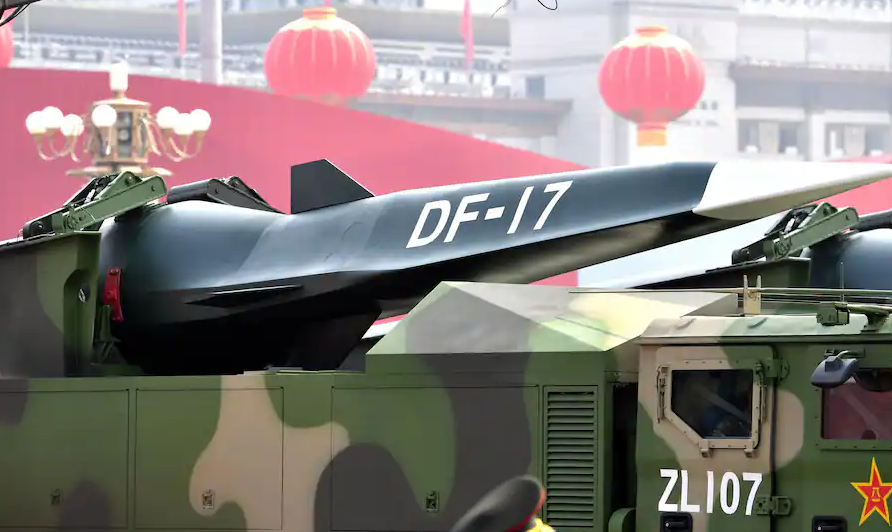
Read more at the Washington Post
In a secretive military facility in southwest China, a supercomputer whirs away, simulating the heat and drag on hypersonic vehicles speeding through the atmosphere — missiles that could one day be aimed at a U.S. aircraft carrier or Taiwan, according to former U.S. officials and Western analysts.
The computer is powered by tiny chips designed by a Chinese firm called Phytium Technology using American software and built in the world’s most advanced chip factory in Taiwan, which hums with American precision machinery, say the analysts.
Phytium portrays itself as a commercial company aspiring to become a global chip giant like Intel. It does not publicize its connections to the research arms of the People’s Liberation Army.
The hypersonic test facility is located at the China Aerodynamics Research and Development Center (CARDC), which also obscures its military connections though it is run by a PLA major general, according to public documents, and the former officials and analysts, many of whom spoke on the condition of anonymity to discuss a sensitive matter.
Phytium’s partnership with CARDC offers a prime example of how China is quietly harnessing civilian technologies for strategic military purposes — with the help of American technology. The trade is not illegal but is a vital link in a global high-tech supply chain that is difficult to regulate because the same computer chips that could be used for a commercial data center can power a military supercomputer.
Hypersonics refers to a range of emerging technologies that can propel missiles at greater than five times the speed of sound and potentially evade current defenses.
On Thursday the Biden administration placed Phytium and six other Chinese firms and labs involved in high-performance computing on an export blacklist, blocking technology of American origin from flowing to those entities. The aim, Commerce Department officials said, is to prevent U.S. goods and know-how from aiding China’s military modernization, in particular its development of advanced weapons, including nuclear and hypersonics.


